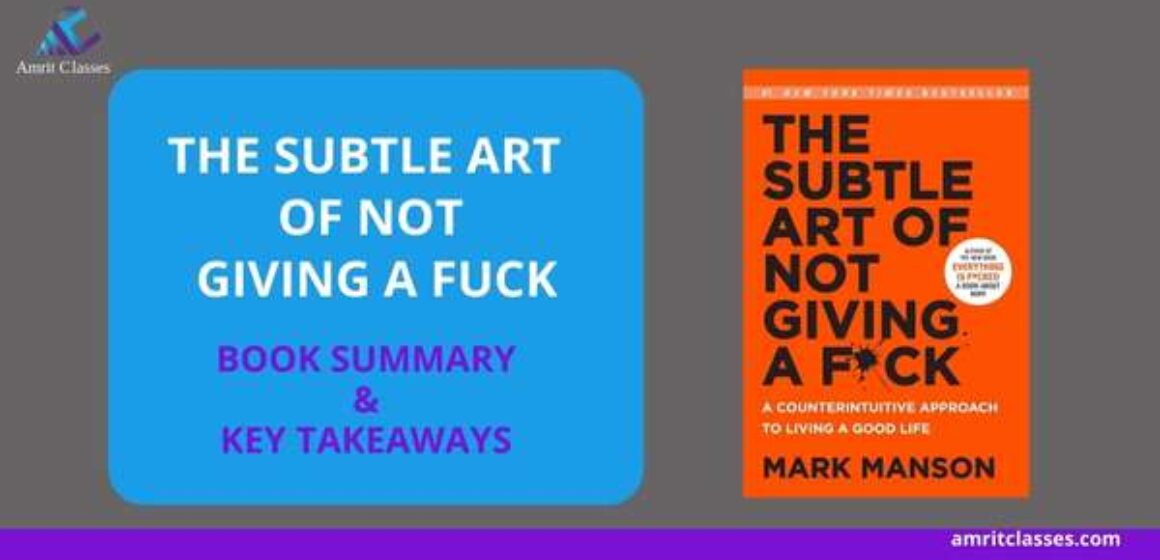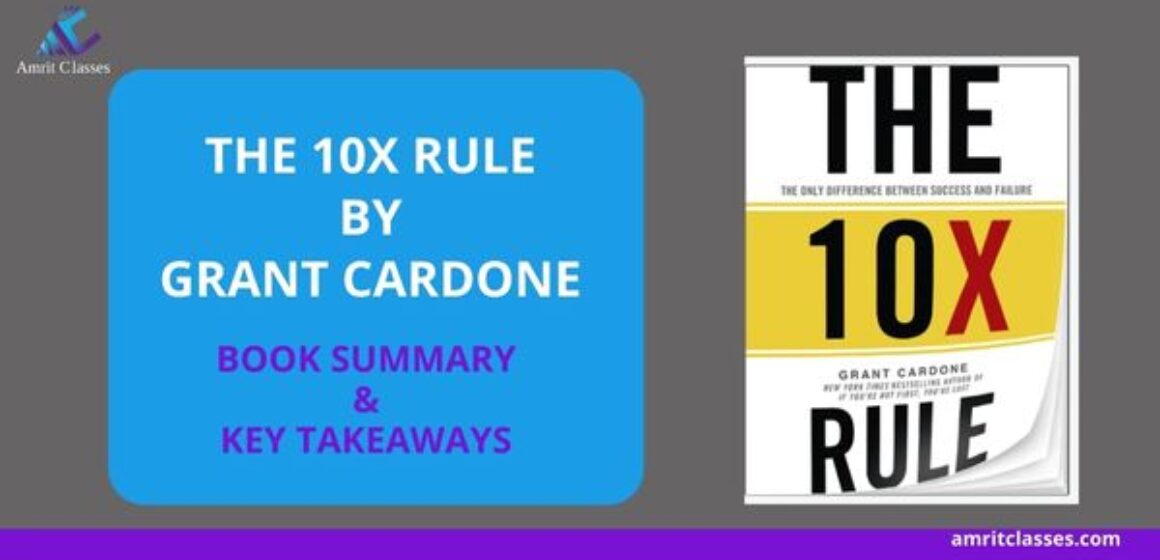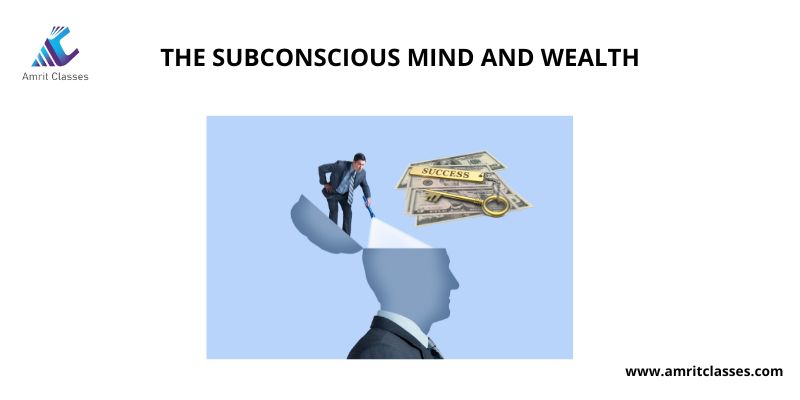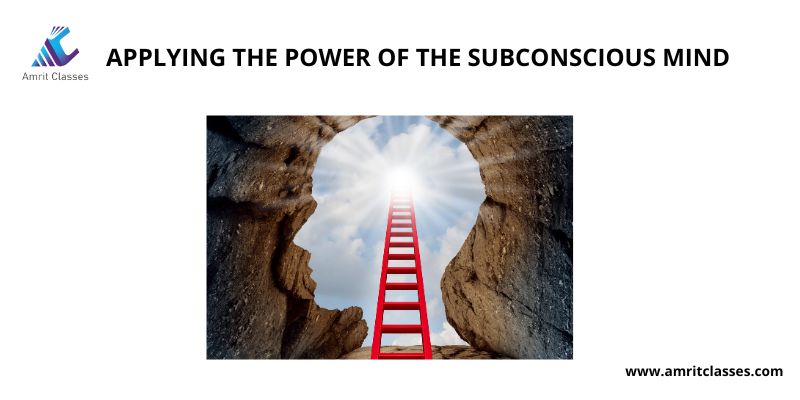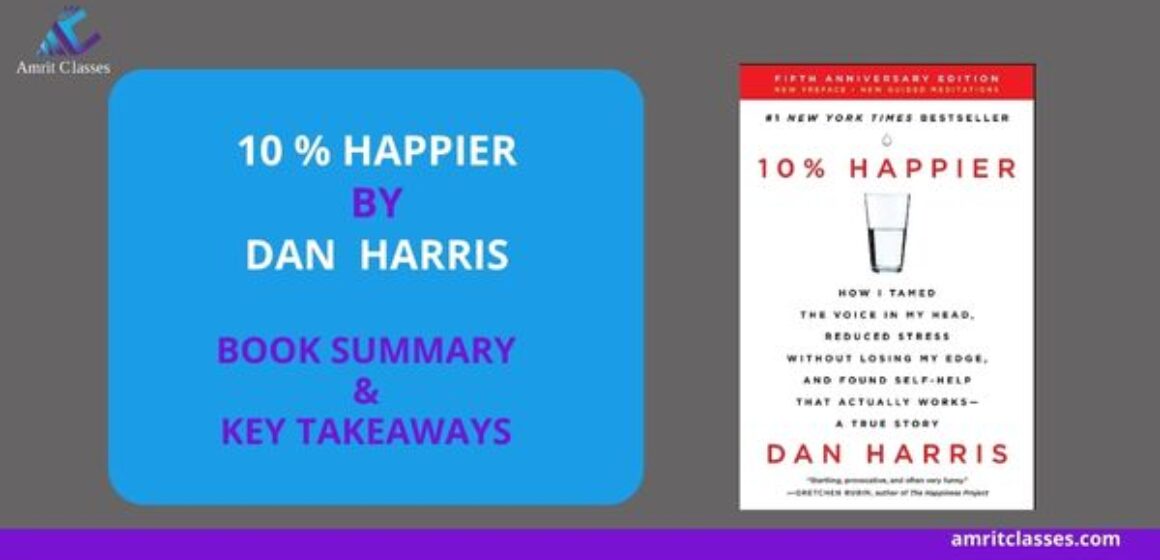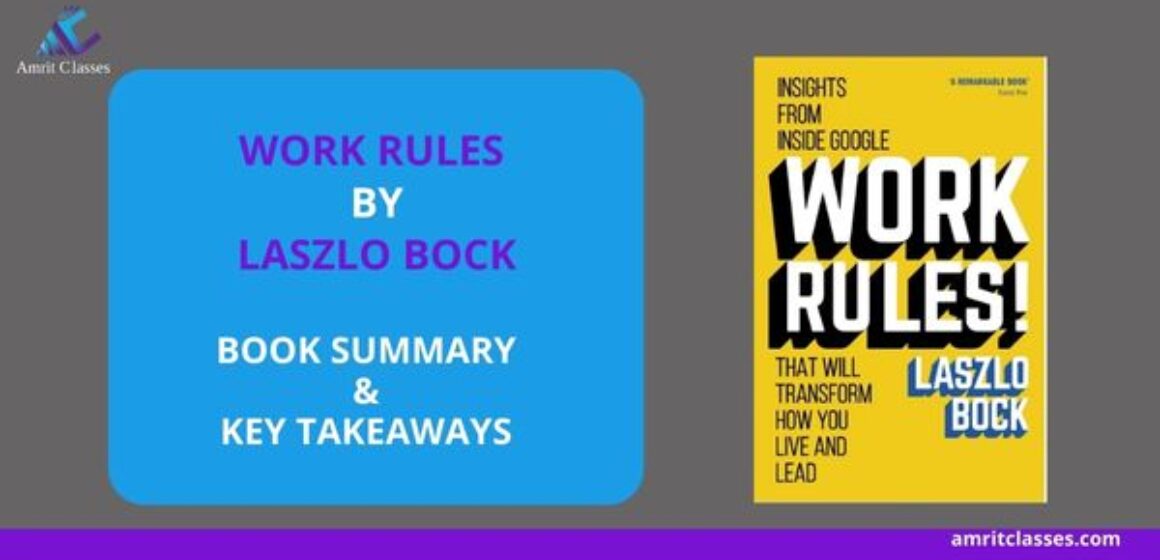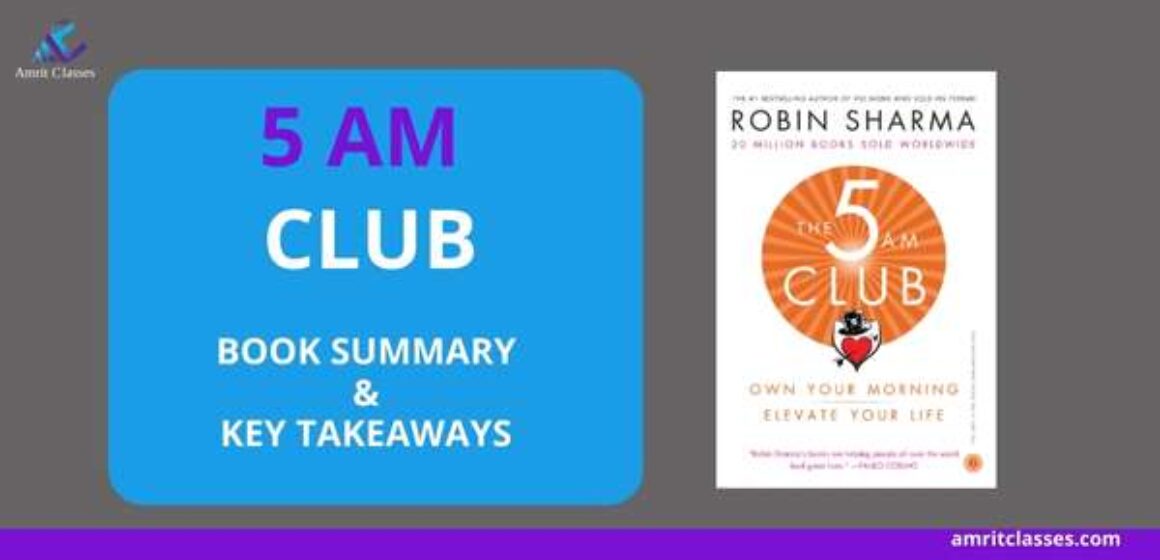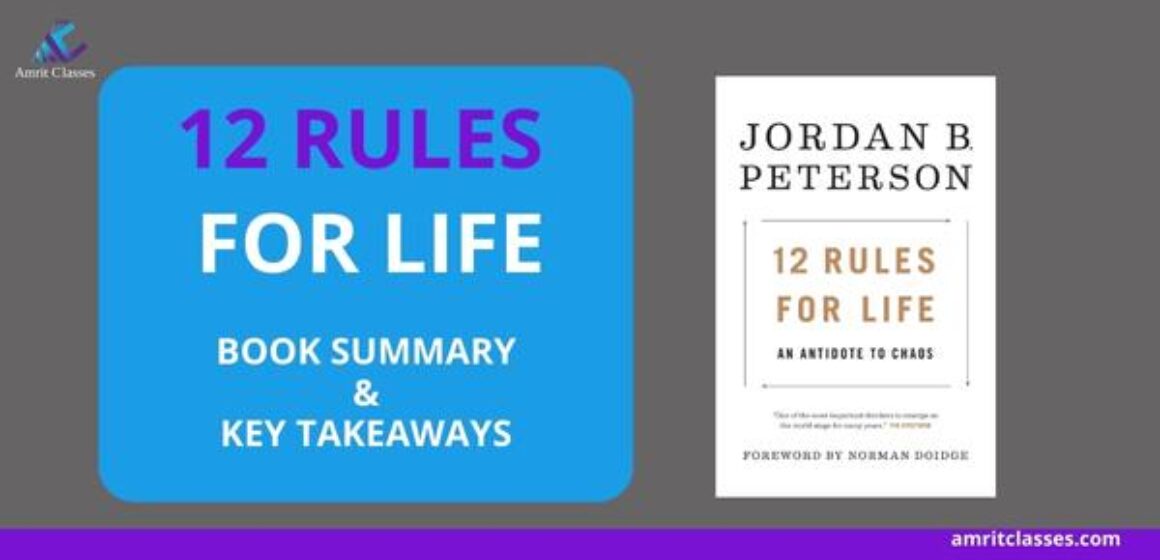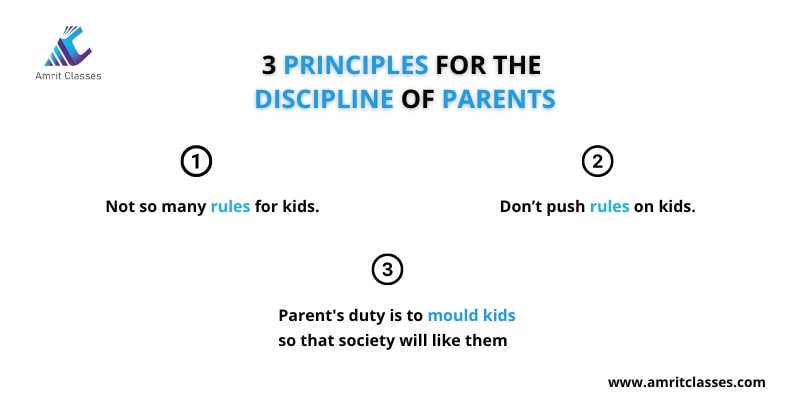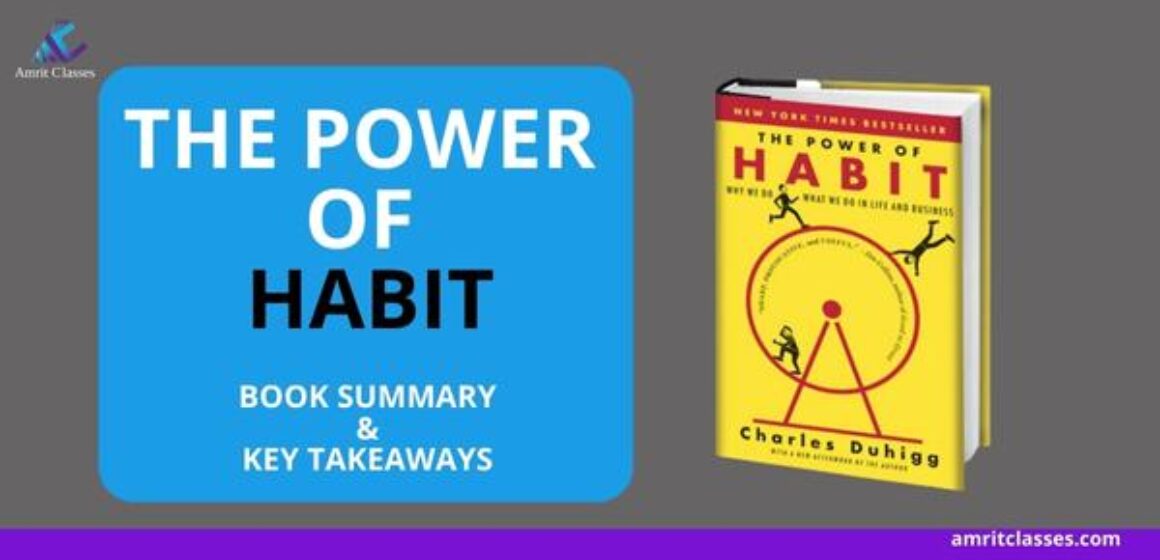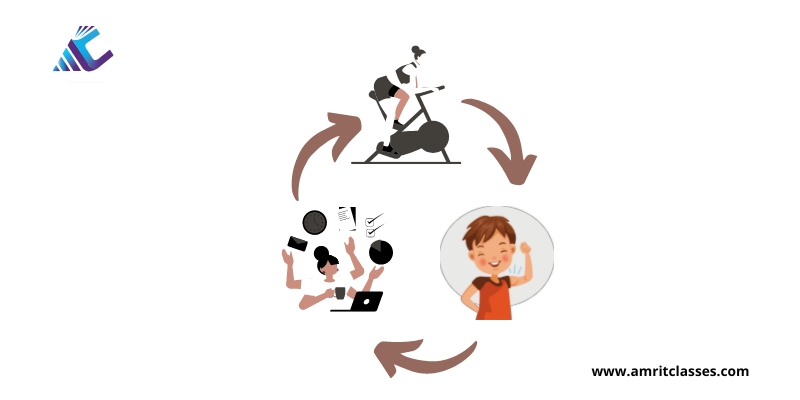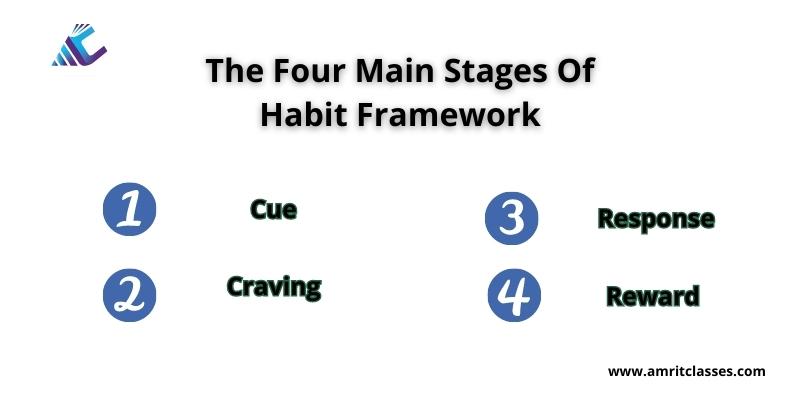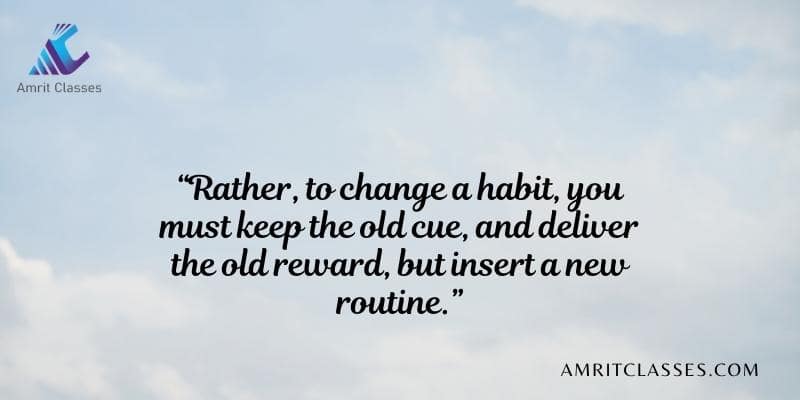The Subtle Art Of Not Giving A F Summary
Introduction:
In “The Subtle Art of Not Giving a F*ck,” author Mark Manson delves into the unconventional wisdom that challenges the traditional notions of self-help. The book encourages readers to reassess their values and embrace life’s challenges with a different mindset.
Mark Manson, the insightful author behind this thought-provoking work, challenges the typical self-help clichés by advocating for a more realistic and nuanced approach to life. Instead of pursuing constant positivity, Manson suggests that acknowledging and embracing life’s struggles can lead to a more fulfilling existence.
The central theme revolves around the idea of selective attention. Manson argues that our time and energy are limited, so it’s crucial to be discerning about the things we truly care about. He introduces the concept of “not giving a f*ck” not as apathy, but as a strategic choice to focus on what truly matters.
The book explores various aspects of life, from relationships and success to failure and death, providing a refreshing perspective on these common themes. Manson challenges readers to question societal expectations and pursue a life aligned with their authentic values.
Manson’s writing style is engaging and filled with real-life anecdotes, making complex ideas accessible to a broad audience. He doesn’t shy away from using humor and straightforward language, creating a connection with readers of all ages.
As we journey through the pages, we encounter practical advice on how to embrace responsibility, set boundaries, and develop resilience in the face of adversity. Manson emphasizes the importance of choosing meaningful struggles over superficial achievements.
Mark Manson’s “The Subtle Art of Not Giving a F*ck” is not just a self-help book; it’s a guide to living a more intentional and fulfilling life. By the end, readers are encouraged to reassess their values, let go of societal expectations, and focus on what truly brings them satisfaction.
Here Is Chapter wise summary
Chapter 1: Don’t Try
In the inaugural chapter, “Don’t Try,” Mark Manson disrupts the conventional belief that relentless effort guarantees success. He contends that excessive striving often results in frustration and disappointment. Manson’s message is clear: trying too hard can be counterproductive.
Readers are prompted to reevaluate the cultural emphasis on constant effort and to be discerning about where they invest their energy. This sets the tone for the book, urging a more intentional and mindful approach to the pursuit of goals and happiness.
Chapter 2: Happiness is a Problem
“Happiness is a Problem,” Mark Manson delves into the paradox of pursuing happiness. He challenges the prevailing notion that constant emphasis on being happy is the key to fulfillment. Manson argues that this pursuit can paradoxically lead to dissatisfaction. Instead, he advocates for embracing life’s challenges and finding profound meaning in struggles.
The chapter encourages readers to shift their perspective, emphasizing that a meaningful and fulfilling life involves navigating difficulties and deriving satisfaction from the journey, rather than relentlessly seeking constant positivity as a panacea.
Chapter 3: You Are Not Special
“You Are Not Special,” confronts the pervasive belief in individual uniqueness and destined greatness. Mark Manson challenges this notion, advocating for the acceptance of our ordinary nature. Manson argues that acknowledging our commonality frees us to concentrate on what genuinely matters in life.
By dispelling the myth of exceptionalism, readers are encouraged to shift their focus from the pursuit of extraordinary achievements to the meaningful aspects of their everyday existence, fostering a sense of purpose and contentment in embracing the simplicity of being human.
Chapter 4: The Value of Suffering
“The Value of Suffering,” Mark Manson explores the profound concept that suffering is an intrinsic aspect of life. Manson challenges readers to embrace the inevitability of pain, suggesting that acknowledging and learning from our struggles is essential for personal growth.
By reframing suffering as a catalyst for development, Manson advocates for a transformative approach to challenges, contending that the lessons learned in moments of adversity contribute to a more meaningful and fulfilling existence. This chapter serves as a guide for readers to harness the potential for growth embedded within life’s inevitable hardships.
Chapter 5: You Are Always Choosing
“You Are Always Choosing,” Mark Manson reinforces the fundamental principle that every action is a conscious choice. Delving into the concept of personal responsibility, Manson highlights the importance of owning our decisions, even amidst challenges. He contends that acknowledging our agency in every situation is pivotal for personal development.
By embracing accountability for our choices, especially in adversity, Manson guides readers toward a path of self-discovery and growth. This chapter serves as a reminder that our decisions shape our journey, fostering a proactive mindset and empowering individuals to navigate life with intention and purpose.
Chapter 6: You Are Wrong About Everything (But So Am I)
“You Are Wrong About Everything (But So Am I),” Mark Manson humbly addresses the inherent fallibility of human understanding. Encouraging intellectual humility, Manson prompts readers to question their beliefs actively. He advocates for an open-minded approach, emphasizing the potential for growth that comes from admitting the possibility of being wrong.
By fostering a culture of curiosity and self-reflection, this chapter challenges readers to embrace uncertainty, acknowledge their limitations, and engage in a continual process of learning, ultimately contributing to personal and intellectual development.
Chapter 7: Failure is the Way Forward
“Failure is the Way Forward,” Mark Manson highlights the positive facets of setbacks. He contends that failures are not only inevitable but crucial for personal growth. Manson encourages readers to view failures as integral steps on the journey, emphasizing their role in building resilience and paving the way for eventual success.
By reframing failure as a natural and essential part of the process, this chapter empowers individuals to embrace challenges, learn from missteps, and cultivate the perseverance needed to overcome obstacles on the path to personal and professional fulfillment.
Chapter 8: The Importance of Saying No
“The Importance of Saying No,” Mark Manson explores the transformative power of refusing commitments that diverge from personal values. Advocating for the strategic use of the word “no,” Manson emphasizes the significance of setting boundaries. By doing so, individuals can prioritize meaningful pursuits that align with their core values, fostering a more purposeful and fulfilling life.
This chapter serves as a guide for readers to navigate the complexities of decision-making, empowering them to curate their experiences and focus on what truly matters, ultimately contributing to a more intentional and satisfying life journey.
Chapter 9: And Then You Die
“And Then You Die,” Mark Manson addresses the inescapable reality of mortality. Encouraging profound reflection, Manson prompts readers to confront the brevity of life. By acknowledging our finite existence, he advocates for using this awareness as a powerful motivator to live authentically.
This chapter serves as a poignant reminder of the impermanence of time, urging individuals to seize the present moment, prioritize what truly matters, and embark on a journey of intentional living. Embracing the inevitability of death becomes a catalyst for shaping a life rich in meaning and purpose.
Conclusion
In the culmination of “The Subtle Art of Not Giving a F*ck,” Mark Manson orchestrates a symphony of unconventional wisdom, challenging traditional notions of success, happiness, and individuality. Through a journey spanning the rejection of relentless effort, the embrace of life’s challenges, and the acknowledgment of personal fallibility, Manson crafts a narrative that invites readers to reconsider their priorities and perceptions.
The book, chapter by chapter, encourages a shift from the pursuit of constant positivity to an acceptance of life’s inherent struggles. It urges readers to redefine success through the lens of meaningful failures and to embrace the ordinary rather than aspiring to exceptionalism. The importance of personal responsibility, the willingness to question one’s beliefs, and the transformative power of failure are woven into a tapestry of guidance for a more intentional and purposeful existence.
As readers reach the final chapter, the stark reality of mortality is presented not as a morbid endpoint, but as a powerful catalyst for authentic living. Manson calls for reflection on the finite nature of life, challenging individuals to use this awareness as motivation to live with intention, make meaningful choices, and extract purpose from the brevity of existence.
In conclusion, “The Subtle Art of Not Giving a F*ck” transcends the typical self-help narrative. It is a call to action, a guide for navigating the complexities of life with wisdom, resilience, and authenticity. Manson’s blend of humor, humility, and unconventional insights leaves readers not only with a fresh perspective on self-improvement but also with a roadmap for crafting a life rich in significance and genuine fulfillment.
